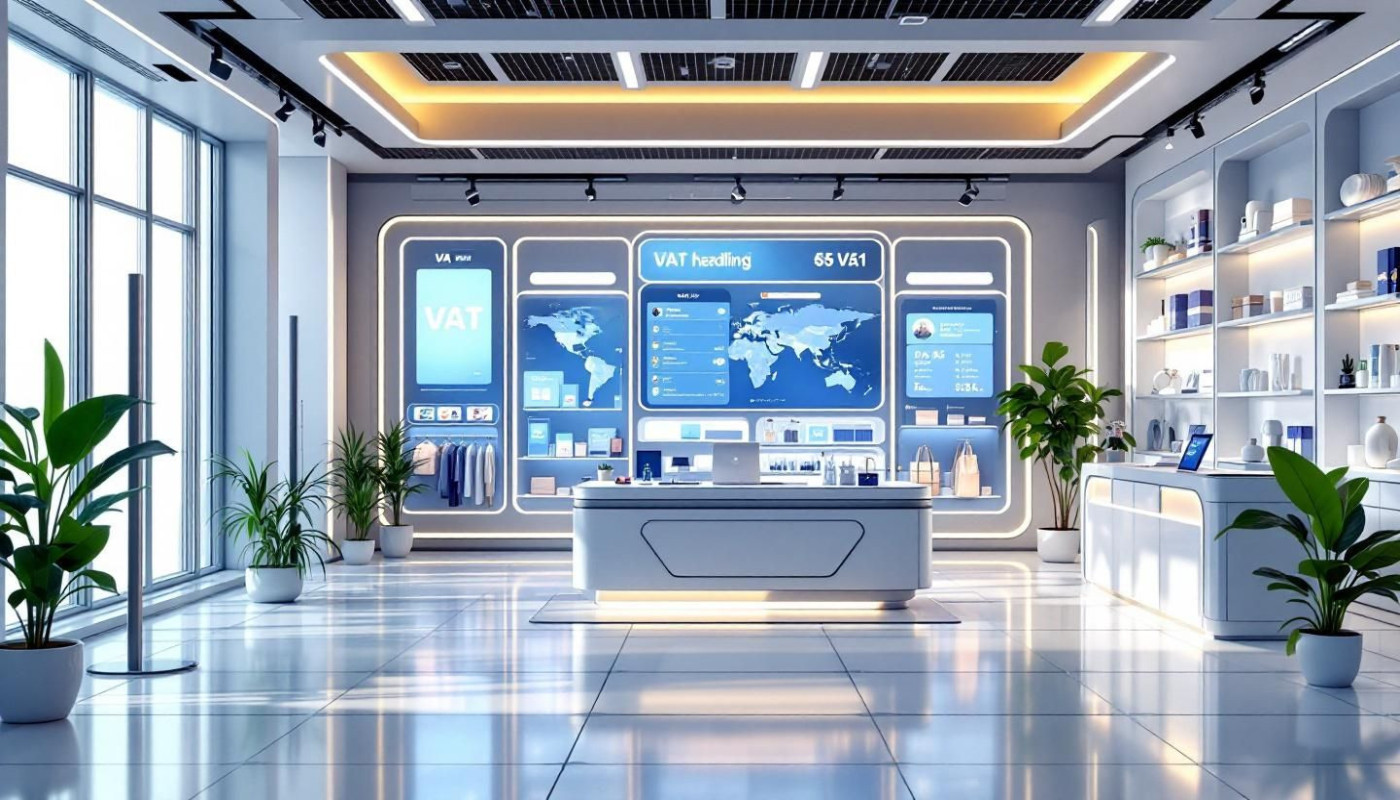Table of contents
The landscape of consumer goods industries is undergoing a transformative shift with the advent of generative AI, a technology that promises to reshape the way products are designed, marketed, and experienced. This intelligent tech trend is not just an incremental change; it is revolutionizing the industry from the core. As you delve into this post, you'll discover the multifaceted impact of generative AI, exploring how it's pushing the boundaries of innovation and personalization in consumer goods.
Unleashing Creative Potential in Product Design
Within the dynamic world of consumer goods, AI-driven design is a game-changer. Generative AI is transforming traditional methods of product design by harnessing algorithmic creativity to produce a plethora of design variations. These sophisticated algorithms analyze vast datasets to generate multiple design options, offering an enhanced level of customization that meets the diverse needs and preferences of consumers. This not only catalyzes the product development process, slashing time-to-market, but also aligns products more closely with emerging consumer trends.
The predictive capabilities of generative AI extend to anticipating consumer behaviors and future demands, thereby equipping designers with the insights necessary to create products that truly resonate with their intended market. The convergence of AI with human creativity is leading to innovative product designs that could have taken much longer to realize through traditional methods. As a result, businesses are able to respond more agilely to market changes and personalization demands. For an example of how technology is being leveraged in the real world to enhance the customer experience in the realm of consumer goods, exploring the site of Hugo Inc. could provide additional context and insights into this cutting-edge intersection of technology and design.
Enhancing Marketing with Personalized Content
Generative AI has become a transformative force in the realm of marketing, enabling the creation of tailored advertisements and promotional content that resonate deeply with consumers. By harnessing vast amounts of consumer data, AI-driven systems utilize advanced data analytics to identify patterns and preferences unique to each individual. This information is then leveraged to generate personalized content that not only captivates but also significantly increases the likelihood of consumer engagement. The scalability of AI marketing tools means businesses can now reach a broader audience with content that is both relevant and appealing, thereby enhancing marketing efficiency. Such dynamic AI applications are reinventing the blueprint for customer-centric marketing strategies.
Optimizing Supply Chain with Predictive Analytics
Generative AI is transforming the consumer goods industry by dramatically enhancing supply chain optimization. By employing predictive analytics, this advanced technology enables businesses to anticipate consumer demand with unprecedented accuracy. Demand forecasting is a key component in this process, allowing companies to adjust production schedules, manage inventory levels efficiently, and allocate resources more effectively. The integration of generative AI facilitates inventory management by predicting which products are likely to be in high demand, thereby reducing overstock and minimizing the risk of stockouts.
The use of AI-driven predictive analytics in supply chain operations leads to significant cost savings. By optimizing stock levels and distribution routes, companies can lower storage costs, reduce the need for markdowns, and streamline the supply chain. Logistics enhancement is another area where AI plays a pivotal role—improving delivery times and reducing transportation costs. This results in not only decreased operational expenditures but also contributes to sustainability efforts by curtailing waste.
Furthermore, the ability of AI to ensure the timely availability of products is instrumental in boosting customer satisfaction. Shoppers benefit from having the right products available when they need them, without the frustration of encountering out-of-stock items. As a testament to its indispensable role, AI in supply chain management exemplifies how cutting-edge technology is integral to reinforcing the robustness and responsiveness of modern business practices. The strategic application of generative AI positions consumer goods companies at the forefront of efficiency and innovation, ensuring they stay competitive in a rapidly evolving marketplace.
Revolutionizing Customer Service with AI Assistants
The advent of generative artificial intelligence has heralded a new era in customer service, courtesy of AI assistants. These sophisticated tools are equipped with natural language processing abilities that enable them to comprehend and respond to customer inquiries with an almost human-like finesse. With instant support now a reality, customers can receive answers to their questions within moments of making a request. This immediacy dramatically enhances customer satisfaction as wait times are slashed and resolutions are provided with unprecedented speed.
In addition to answering queries, AI assistants adeptly recommend additional purchases, effectively upselling products by analyzing customer history and preferences. This not only drives sales but also contributes to a highly personalized service experience. Personalization is a key factor in customer retention, and AI's ability to tailor interactions based on individual customer data is redefining standard customer service practices. Meanwhile, the ability of AI to handle routine tasks liberates human employees to address more sophisticated challenges, optimizing the workforce and streamlining operations. In this way, AI assistants are pivotal in creating a customer service environment that is not only more efficient but also deeply attuned to the needs and desires of the consumer.
Facilitating Sustainability and Ethical Practices
In the vanguard of sustainable innovation, generative artificial intelligence is transforming the consumer goods industry by driving forward ethical practices and the use of sustainable materials. Through advanced algorithms, AI enables companies to conduct comprehensive life cycle assessments, pinpointing areas where sustainable alternatives can replace traditional resources. This shift not only aligns with growing environmental stewardship but also appeals to a consumer base increasingly vigilant about the ecological impact of their purchases.
Moreover, AI's capacity for big data analysis fosters significant carbon footprint reduction strategies. It meticulously calculates the environmental costs associated with various stages of production, distribution, and disposal, empowering businesses to make data-driven decisions that minimize ecological harm. In parallel, ethical sourcing has become a benchmark of brand integrity, and AI provides the tools for meticulous supply chain scrutiny to ensure that every component originates from responsible and fair-trade practices.
On the regulatory front, AI systems are adept at navigating the complex web of global standards and legal requirements, ensuring regulatory compliance and safeguarding companies against costly violations. Additionally, AI-driven platforms enhance consumer transparency, giving customers access to the information they need to make informed decisions about the products they support. In this manner, generative AI is not merely a catalyst for operational efficiency but a cornerstone in building a more accountable, sustainable, and ethically minded consumer goods industry.
Similar articles

How Does Unified VAT Handling Boost E-commerce In The EU?

Essential Tips For Managing Multiple Store Cards Efficiently

Revamping Old CNC Lathes: Is It Worth The Investment?

Exploring The Benefits Of Free Zones For New Entrepreneurs

Exploring The Strategic Benefits Of Establishing A Forex Business In The Caribbean

the rise of eco-conscious consumers and the shift in business strategies

Unlock investment opportunities with prime commercial properties in Sint Maarten

